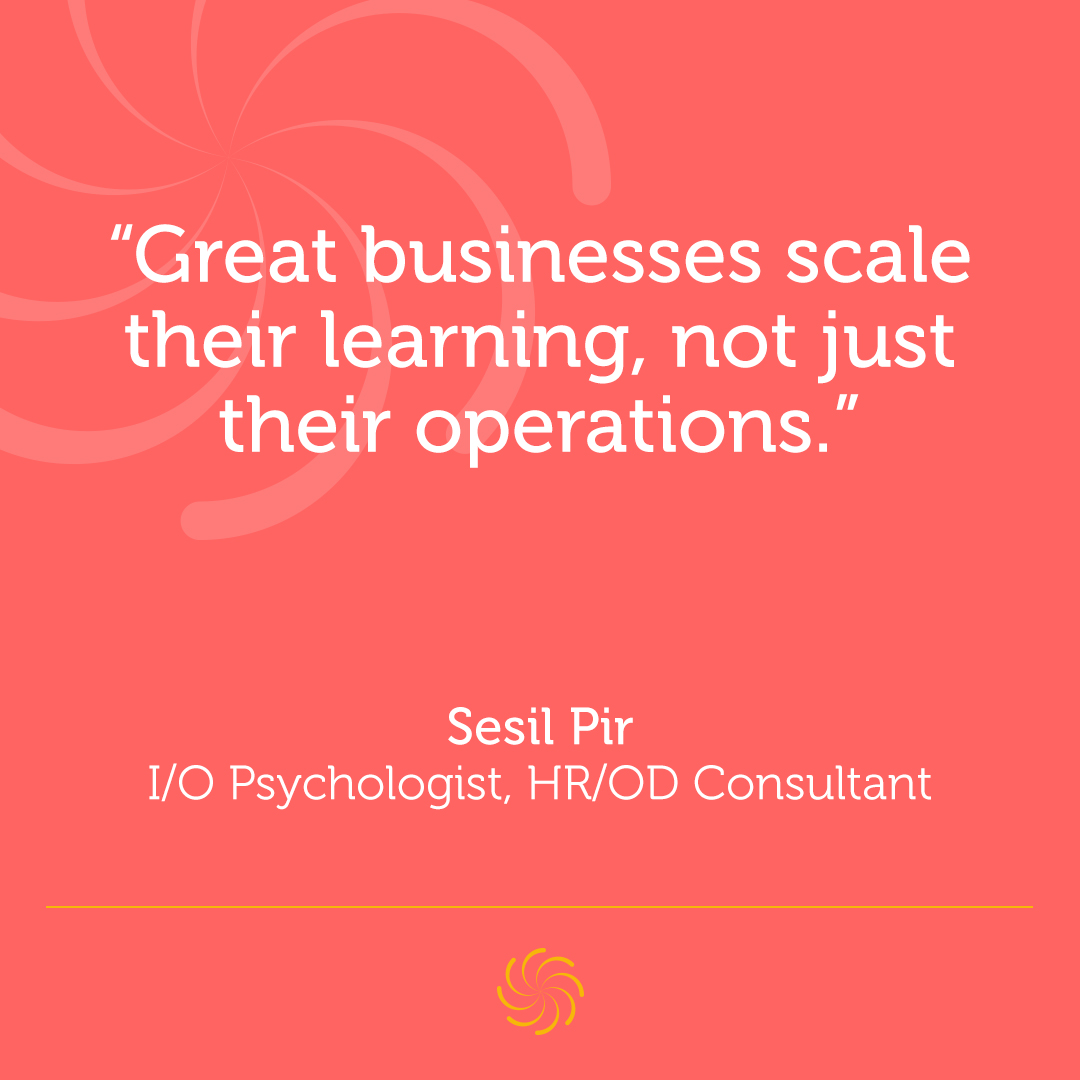Great Leadership… a Path to Authenticity…
We have been thinking, talking, writing about leadership for centuries now. Collectively, there must have been over a 1000 studies conducted to determine the characteristics, competencies or ‘special gifts’ of enduring leaders over the years. Thank goodness, we have not singled this down to a one ‘perfect’ formula (just like parenthood) because I bet you we would all try to copy/ paste it into our realities, a recipe for a potential of disastrous experiences in our lives.
Our research findings with Stanford University’s CCARE on leadership only concur what we have been gathering from our readings and discussions over the years: Great leadership is about authenticity!
Before we go into how one can develop authenticity though, I really want to dig into the concept of ‘greatness’ because what we find in our study is that people often associate appreciation, recognition and success with admiration from others. Let me provide an example… If a friend uses a vacuum cleaner, for example, and tells us “it is great!”, we feel compelled to buy it, try it and use it. Even in cases where our experience may be contradictory, we often doubt ourselves versus the observation shared by our friend(s) and often talk ourselves into keeping the tool despite the value our true selves find in it.
Not only it seems we need a revised definition of success in our societies, we believe it is time for us to recognize ‘greatness’ in its context of leadership, which is about exploring our very own potential. We can NOT progress in our holistic ‘being’ if we are imitating someone else’s journey and/or paying lip service to what we read in the books. We can not become a better version of ourselves if we don’t live what we cognitively understand in our hearts. ‘Greatness’ is first and foremost about our very own journey.
The very first step in the journey is to come into terms with our ‘imperfection’ as human beings and grow a commitment to focus on our ability to learn over time. Steve Jobs was ‘great’ in his customer-orientation, which led him to explore very unique, simplistic, innovative design features; however, he was not all that ‘great’ in his people-orientation. Jack Welch was ‘great’ in his strategic-orientation, which led him to guide strategy execution very well; however, he was not all that ‘great’ in his emotional-orientation. The fact of the matter is we all have our own exploration to do and that doesn’t take away from us, our current or potential (to) ‘greatness’.
Human nature is not fixed and people are only willing to connect with us trustingly when we can share genuinely and authentically about who we are. The shared commitment to learn and grow together is what brings us closer to one another. This is also the reason why so many people in our workplaces have grown a deep sense of distrust with their leaders. It is because those who of us feeling ‘privileged’ in our roles find ourselves develop a sense of entitlement to our status (presence) and lose our sense of genuine wonder.
We need a new kind of business leadership in the 21st century.
What we have been seeing in our research findings (and it is complimentary to some other recent leadership studies), enduring leaders truly emerge from their whole selves. They not only engage in constant soul-searching, they are willing to test their uniqueness through their life experiences with a growing hunger to become a better version of themselves. We could say – Consciously or unconsciously, they are leveraging their authenticity to grow competence that’d make them more effective in their multiplicities.

Throughout this week on our LinkedIn and Twitter pages, we will share one tip every day as to how we can all grow more authenticity as leaders of our time, please do follow us and share your own experiences and learning!
Which Leadership Behaviors Drive Positive Employee Outcomes?

Leaders are a key element of any workplace: they playRead more…




Comments are closed.